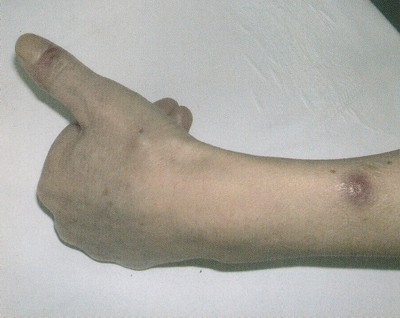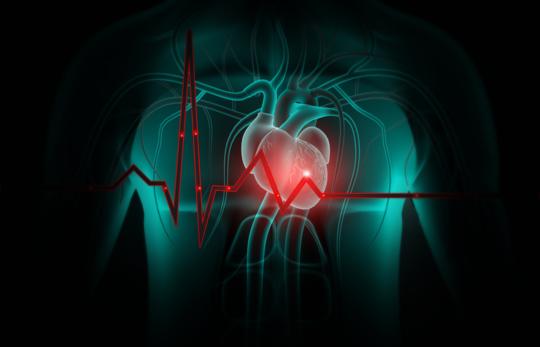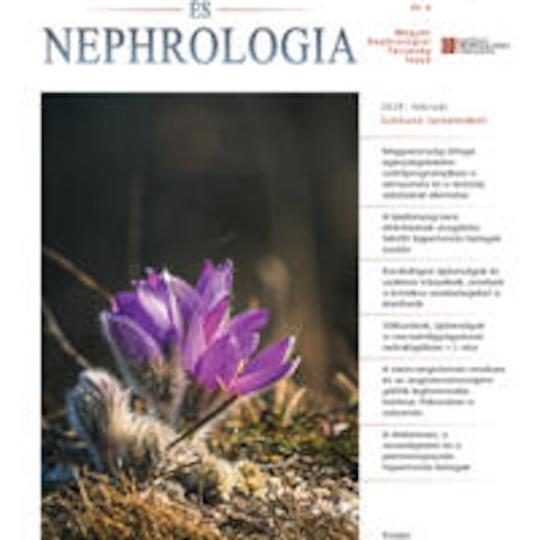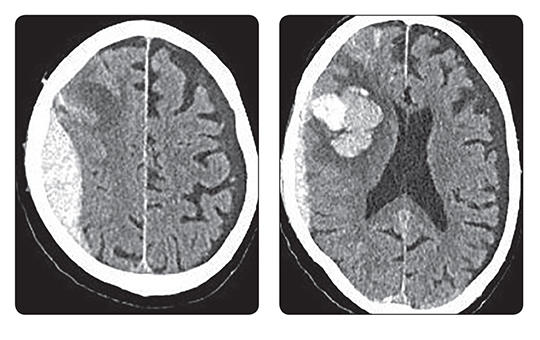A Belügyminisztérium a Betegszervezetek Magyarországi Szövetségével közösen egészségügyi társadalmi, civil és nonprofit szervezeteknek szóló támogatási pályázatot hirdetett. A megpályázható keretösszeg 160 millió forint.
Az eLitMed.hu orvostudományi portál a böngészés tökéletesítése érdekében cookie-kat használ.
Ha bővebb információkat szeretne kapni a cookie-k használatáról és arról, hogyan módosíthatja a beállításokat, kattintson ide: Tájékoztató az eLitMed.hu Cookie-használatáról.















